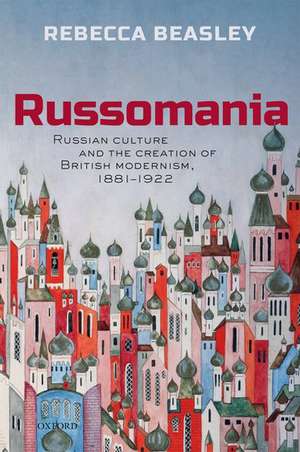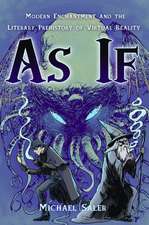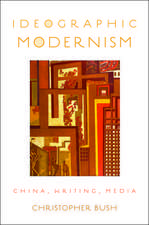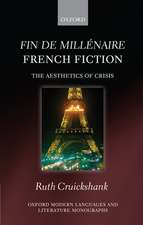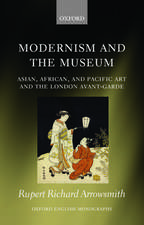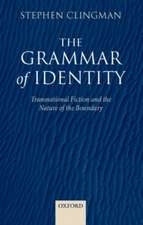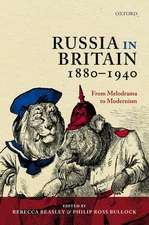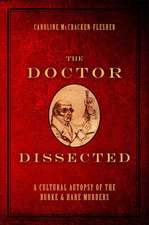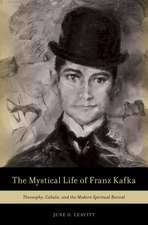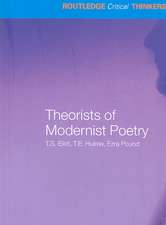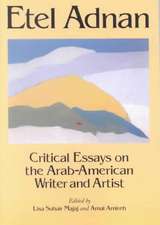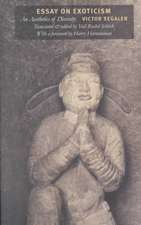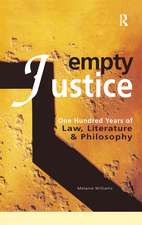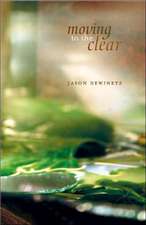Russomania: Russian culture and the creation of British modernism, 1881-1922
Autor Rebecca Beasleyen Limba Engleză Hardback – 31 mar 2020
Preț: 725.74 lei
Preț vechi: 885.05 lei
-18% Nou
Puncte Express: 1089
Preț estimativ în valută:
138.87€ • 144.71$ • 114.98£
138.87€ • 144.71$ • 114.98£
Carte tipărită la comandă
Livrare economică 03-17 aprilie
Preluare comenzi: 021 569.72.76
Specificații
ISBN-13: 9780198802129
ISBN-10: 0198802129
Pagini: 550
Ilustrații: 14 Illustrations
Dimensiuni: 160 x 240 x 30 mm
Greutate: 1.02 kg
Editura: OUP OXFORD
Colecția OUP Oxford
Locul publicării:Oxford, United Kingdom
ISBN-10: 0198802129
Pagini: 550
Ilustrații: 14 Illustrations
Dimensiuni: 160 x 240 x 30 mm
Greutate: 1.02 kg
Editura: OUP OXFORD
Colecția OUP Oxford
Locul publicării:Oxford, United Kingdom
Recenzii
Rebecca Beasley's new book emphasizes the important role that Russian writing played in the debates that shaped the very definition of modernism as it follows the course of the battle between French and Russian influences.
I have nothing butvadmiration for the scope and ambition of Rebecca Beasley's study, as well as for the meticulous and exhaustive research that lies at its foundation.
...the book offers a broad overview of the period and a discussion of specific pivotal literary events in Russo-British relations...Highly recommended. Upper-division undergraduates and above.
... this densely argued book exudes warm commitment and unflagging intellectual energy. [...] Dr Beasley is a worthy successor to an illustrious line of specialists in English literature who have made inspired contributions to Russian studies: the names of John Bayley, Donald Davie, and Henry Gifford spring immediately to mind. The seventy-plus-page bibliography that rounds out her book, and the punctilious undergirding of footnotes that it documents, give detailed evidence of a formidable feat of assimilated documentation, a good proportion of it in Russian.
In addition to the contribution of this reading against the grain to the history of British modernism, the book will be appreciated for the great richness of this plunge into always complex and intense debates.
Full of intriguing detail, Russomania is so complete a history that it seems greedy to want more. [...] Beasleys meticulous footnotes and bibliography offer the reader all the information needed for further investigation.
many a Russianist would find numerous rewarding insights in Russomania ... Beasley offers many more analytical examples that uncover routes of multidirectional cultural exchange in the modernist age. Her account of the British fascination with Russia, both positive and negative ... reveals important aspects of what "Russianness" meant in early twentieth-century Britain. In turn, this knowledge will likely be indispensable for understanding not only European modernism, but in addition, later developments in the British-Soviet cultural dialogue.
Rebecca Beasley's great achievement in Russomania is to trace the evolution of opinions, arguments, and personal connections through these contested and interlocking literary channels. She skillfully deploys her clearly exhaustive knowledge, gleaned from both archival sources and later academic criticism, making a complicated period in the British reception of Russian culture both legible and fascinating for any reader with even a passing interest in British, Russian, or European modernism.
I have nothing butvadmiration for the scope and ambition of Rebecca Beasley's study, as well as for the meticulous and exhaustive research that lies at its foundation.
...the book offers a broad overview of the period and a discussion of specific pivotal literary events in Russo-British relations...Highly recommended. Upper-division undergraduates and above.
... this densely argued book exudes warm commitment and unflagging intellectual energy. [...] Dr Beasley is a worthy successor to an illustrious line of specialists in English literature who have made inspired contributions to Russian studies: the names of John Bayley, Donald Davie, and Henry Gifford spring immediately to mind. The seventy-plus-page bibliography that rounds out her book, and the punctilious undergirding of footnotes that it documents, give detailed evidence of a formidable feat of assimilated documentation, a good proportion of it in Russian.
In addition to the contribution of this reading against the grain to the history of British modernism, the book will be appreciated for the great richness of this plunge into always complex and intense debates.
Full of intriguing detail, Russomania is so complete a history that it seems greedy to want more. [...] Beasleys meticulous footnotes and bibliography offer the reader all the information needed for further investigation.
many a Russianist would find numerous rewarding insights in Russomania ... Beasley offers many more analytical examples that uncover routes of multidirectional cultural exchange in the modernist age. Her account of the British fascination with Russia, both positive and negative ... reveals important aspects of what "Russianness" meant in early twentieth-century Britain. In turn, this knowledge will likely be indispensable for understanding not only European modernism, but in addition, later developments in the British-Soviet cultural dialogue.
Rebecca Beasley's great achievement in Russomania is to trace the evolution of opinions, arguments, and personal connections through these contested and interlocking literary channels. She skillfully deploys her clearly exhaustive knowledge, gleaned from both archival sources and later academic criticism, making a complicated period in the British reception of Russian culture both legible and fascinating for any reader with even a passing interest in British, Russian, or European modernism.
Notă biografică
Rebecca Beasley is Associate Professor in English at the University of Oxford, and Fellow of The Queen's College. She is the author of Ezra Pound and the Visual Culture of Modernism (Cambridge University Press, 2007), and Theorists of Modernist Poetry: Ezra Pound, T.S. Eliot and T.E. Hulme (Routledge Critical Thinkers, 2007), and editor, with Philip Ross Bullock, of Russia in Britain: From Melodrama to Modernism (Oxford University Press, 2013). She has also published articles on modernism and translation, periodical culture, the British 'intelligentsia', and the history of comparative literature.
